15 Natural Remedies for the Treatment of Acid Reflux and Ulcers
Acid reflux is an extremely common health problem, affecting as many as 50 percent of Americans. Other terms used for this condition are gastroesophageal reflux disease (GERD) or peptic ulcer disease.
The hallmark symptom of acid reflux is “heartburn”—a burning sensation behind your breastbone that sometimes travels up your throat. In some cases, this pain can be severe enough to be mistaken for a heart attack.
Conventionally, acid reflux is thought to be caused by excessive amounts of acid in your stomach, which is why acid-blocking drugs are typically prescribed or recommended.
This is a serious medical misconception that adversely affects hundreds of millions of people, as the problem usually results from having too little acid in your stomach.
What Causes Heartburn?
After food passes through your esophagus into your stomach, a muscular valve called the lower esophageal sphincter (LES) closes, preventing food or acid to move back up.
Acid reflux occurs when the LES relaxes inappropriately, allowing acid from your stomach to flow (reflux) backward into your esophagus. But it’s important to understand that acid reflux is not a disease caused by excessive acid production in your stomach; rather it’s a symptom more commonly related to:
- Hiatal hernia1
- Helicobacter pylori (H. pylori) infection (H. pylori bacteria is thought to affect more than half of the world’s population, and has been identified as a Group 1 carcinogen by the World Health Organization2)
While these two conditions are unrelated, many who have a hiatal hernia also have H. pylori, which cause a chronic low-level inflammation of your stomach lining that can result in an ulcer3 and associated symptoms. If you have a hiatal hernia, physical therapy on the area may work and many chiropractors are skilled in this adjustment.
The hypothesis that H. pylori infection is responsible, or at least a major factor, for producing the symptoms of acid reflux stems from the work done by Dr. Barry Marshall, an Australian physician, during the early 1980s.
Are You Suffering a Drug Side Effect?
Besides these underlying conditions, please beware that certain prescription and over-the-counter (OTC) medications can also cause heartburn. Common culprits include anxiety medications and antidepressants, antibiotics, blood pressure medications, nitroglycerin, osteoporosis drugs, and pain relievers.
If your heartburn is caused by a medication you’re taking, the answer is, of course, to address what, when, and how you’re taking that drug. Please do not make the mistake of simply adding yet another drug to counteract this side effect. WebMD4 offers a number of helpful tips for how to address drug-induced heartburn, such as:
-
- Avoid taking more than the recommended or prescribed dose
- Some medications are best taken on an empty stomach, while others are less likely to cause side effects like heartburn when taken with a meal. Check the label for instructions, or ask your doctor or pharmacist for advise on when and how to take your medication
- Ask your doctor or pharmacist to review ALL the medications and supplements you’re taking to see if one or more of them cause heartburn.
Changing the dose or switching to another medication may be advisable to ease your heartburn. Some drugs may be available in cream form rather than a pill, which would be far less likely to cause heartburn
- Avoid laying down right after taking your medication
- Drink some ginger tea
Why Medications for Heartburn Can Do More Harm Than Good
One of the most commonly prescribed drugs for heartburn and acid reflux are proton pump inhibitors (PPIs), which are very effective at blocking acid production in your stomach.
While that may sound like an appropriate remedy, considering the fact that stomach acid is creeping up your esophagus, in most cases it’s actually the worst approach possible, as a major part of the problem is typically related to your stomach producing too little stomach acid.
There are over 16,000 articles in the medical literature showing that suppressing stomach acid does not address the problem. It only temporarily treats the symptoms.
PPIs like Nexium, Prilosec, and Prevacid were originally designed to treat a very limited range of severe problems. According to Mitchell Katz, director of the San Francisco Department of Public Health, who wrote an editorial5 on this topic four years ago, proton pump inhibitors (PPIs) are only warranted for the treatment of:
- Bleeding ulcers
- Zollinger-Ellison syndrome (a rare condition that causes your stomach to produce excess acid)
- Severe acid reflux, where an endoscopy has confirmed that your esophagus is damaged
According to Katz, “about 60 to 70 percent of people taking these drugs have mild heartburn and shouldn’t be on them.” Part of the problem with PPIs is that when you suppress the amount of acid in your stomach, you decrease your body’s ability to kill the helicobacter bacteria. So if your heartburn is caused by an H. pylori infection, it actually makes your condition worse and perpetuates the problem. Besides that, reducing acid in your stomach diminishes your primary defense mechanism for food-borne infections, which will increase your risk of food poisoning. PPI drugs can also cause potentially serious side effects, including pneumonia, bone loss, hip fractures, and infection with Clostridium difficile (a harmful intestinal bacteria).
Warning: Proton Pump Inhibitors Tend to Cause Dependence
It’s also worth nothing that you’ll also develop both tolerance and dependence on PPI drugs, so you should not stop taking proton pump inhibitors cold turkey. You need to wean yourself off them gradually or else you might experience a severe rebound of your symptoms. In some cases, the problem may end up being worse than before you started taking the medication.
Ideally, you’ll want to get a lower dose than you’re on now, and then gradually decrease your dose. Once you get down to the lowest dose of the proton pump inhibitor, you can start substituting with an over-the-counter H2 blocker like Tagamet, Cimetidine, Zantac, or Raniditine. Then gradually wean off the H2 blocker over the next several weeks.
While you wean yourself off these drugs (if you’re already on one), you’ll want to start implementing a lifestyle modification program that can eliminate this condition once and for all. Antibiotics can typically eradicate H. pylori, but there are many other effective strategies that can also work. Ideally, you’d want to try these first, as antibiotics will also kill off the beneficial bacteria in your gut, which can cause other health complications. Besides, H. pylori is growing increasingly resistant to antibiotics, making the availability of non-drug alternatives even more important.
Your First Line of Treatment – Unprocessed Foods and Probiotics
Ultimately, the answer to heartburn and acid indigestion is to restore your natural gastric balance and function. Eating large amounts of processed foods and sugars is a surefire way to exacerbate acid reflux as it will upset the bacterial balance in your stomach and intestine. Instead, you’ll want to eat a lot of vegetables and other high-quality, ideally organic, unprocessed foods. Also, eliminate food triggers from your diet. Common culprits here include caffeine, alcohol, and nicotine products.
Next, you need to make sure you’re getting enough beneficial bacteria from your diet. This will help balance your bowel flora, which can help eliminate H. pylori bacteria naturally without resorting to antibiotics. It will also aid in proper digestion and assimilation of your food. Ideally, you’ll want to get your probiotics from fermented foods. If you aren’t eating fermented foods, you most likely need to supplement with a probiotic on a regular basis. Ideally, you’ll want to include a variety of cultured foods and beverages in your diet, as each food will inoculate your gut with a variety of different microorganisms. Fermented foods you can easily make at home include:
- Fermented vegetables
- Chutneys
- Cultured dairy, such as yoghurt, kefir, and sour cream
- Fish, such as mackerel and Swedish gravlax
Addressing Low Acid Production
As mentioned earlier, heartburn is typically a sign of having too little stomach acid. To encourage your body to make sufficient amounts of hydrochloric acid (stomach acid), you’ll also want to make sure you’re consuming enough of the raw material on a regular basis.
High-quality sea salt (unprocessed salt), such as Himalayan salt, will not only provide you with the chloride your body needs to make hydrochloric acid, it also contains over 80 trace minerals your body needs to perform optimally, biochemically. Sauerkraut or cabbage juice is also a strong—if not the strongest—stimulant for your body to produce stomach acid. Having a few teaspoons of cabbage juice before eating, or better yet, fermented cabbage juice from sauerkraut, will do wonders to improve your digestion.
Other Safe and Effective Strategies to Eliminate Heartburn and Acid Reflux
Besides addressing your day-to-day diet and optimizing your gut flora, a number of other strategies can also help you get your heartburn under control, sans medications. The following suggestions are drawn from a variety of sources, including Everydayroots.com, which lists 15 different natural remedies for heartburn;6 as well as research from the University of Maryland School of Medicine,7 the Beth Israel Deaconess Medical Center,8 and others.
| Raw, unfiltered apple cider vinegar | As mentioned earlier, acid reflux typically results from having too little acid in your stomach.
You can easily improve the acid content of your stomach by taking one tablespoon of raw unfiltered apple cider vinegar in a large glass of water. |
| Betaine | Another option is to take a betaine hydrochloric supplement, which is available in health food stores without prescription. You’ll want to take as many as you need to get the slightest burning sensation and then decrease by one capsule. This will help your body to better digest your food, and will also help kill the H. pylori bacteria. |
| Baking soda | One-half to one full teaspoon of baking soda (sodium bicarbonate) in an eight-ounce glass of water may ease the burn of acid reflux as it helps neutralize stomach acid. I would not recommend this is a regular solution but it can sure help in an emergency when you are in excruciating pain. |
| Aloe juice | The juice of the aloe plant naturally helps reduce inflammation, which may ease symptoms of acid reflux. Drink about 1/2 cup of aloe vera juice before meals. If you want to avoid its laxative effect, look for a brand that has removed the laxative component. |
| Ginger root or chamomile tea | Ginger has been found to have a gastroprotective effect by blocking acid and suppressing helicobacter pylori.9 According to a 2007 study,10 it’s also far superior to lansoprazole for preventing the formation of ulcers, exhibiting six- to eight-fold greater potency over the drug! This is perhaps not all that surprising, considering the fact that ginger root has been traditionally used against gastric disturbances since ancient times.
Add two or three slices of fresh ginger root to two cups of hot water. Let steep for about half an hour. Drink about 20 minutes or so before your meal. Before bed, try a cup of chamomile tea, which can help soothe stomach inflammation and help you sleep. |
| Vitamin D | Vitamin D is important for addressing any infectious component. Once your vitamin D levels are optimized, you’re also going to optimize your production of about 200 antimicrobial peptides that will help your body eradicate any infection that shouldn’t be there.
As I’ve discussed in many previous articles, you can increase your vitamin D levels through appropriate amounts of sun exposure, or through the use of a safe tanning bed. If neither of those are available, you can take an oral vitamin D3 supplement; just remember to also increase your vitamin K2 intake. |
| Astaxanthin | This exceptionally potent antioxidant was found to reduce symptoms of acid reflux in patients when compared to a placebo, particularly in those with pronounced helicobacter pylori infection.11 Best results were obtained at a daily dose of 40 mg. |
| Slippery elm | Slippery elm coats and soothes the mouth, throat, stomach, and intestines, and contains antioxidants that can help address inflammatory bowel conditions. It also stimulates nerve endings in your gastrointestinal tract. This helps increase mucus secretion, which protects your gastrointestinal tract against ulcers and excess acidity. The University of Maryland Medical Center12 makes the following adult dosing recommendations:
|
| Chinese herbs for the treatment of “Gu” symptoms caused by chronic inflammatory diseases | So-called “Gu” symptoms include digestive issues associated with inflammation and pathogenic infestation. For more information about classical herbs used in Chinese Medicine for the treatment of such symptoms, please see the article, “Treating Chronic Inflammatory Diseases with Chinese Herbs: ‘Gu Syndrome’ in Modern Clinical Practice,” published by the Pacific College of Oriental Medicine13 |
| Glutamine | Research14 published in 2009 found that gastrointestinal damage caused by H. pylori can be addressed with the amino acid glutamine, found in many foods, including beef, chicken, fish, eggs, dairy products, and some fruits and vegetables. L-glutamine, the biologically active isomer of glutamine, is also widely available as a supplement. |
| Folate or folic acid (vitamin B9) and other B vitamins | As reported by clinical nutritionist Byron Richards,15 research suggests B vitamins can reduce your risk for acid reflux. Higher folic acid intake was found to reduce acid reflux by approximately 40 percent. Low vitamin B2 and B6 levels were also linked to an increased risk for acid reflux. The best way to raise your folate levels is by eating folate-rich whole foods, such as liver, asparagus, spinach, okra, and beans. |
You Don’t Need a Drug to Banish Acid Reflux
To recap, the answer to gastric problems like ulcers and acid indigestion is to restore your natural gastric balance and function. Not only is it useful for optimal gut function but it is crucial for your long-term health, as your gut flora can increase your absorption of nutrients, and play a significant role in mental and physical health. It is very clear from reviewing the literature that you can’t be healthy until your gut flora is optimized. That is one of the ways eating sugars harm you—they push your gut flora balance in the wrong direction.
Switching from processed foods to whole foods is therefore step number one. To further optimize your gut health, you’ll want to make sure you’re consuming enough good bacteria from traditionally fermented foods, such as fermented vegetables, or in a probiotic supplement. This will help balance your bowel flora, which can help eliminate Helicobacter bacteria naturally. If you have heartburn, acid reflux, gastroesophageal reflux disease (GERD), peptic ulcer disease, or any acid-related condition, the strategies listed above may also offer relief.
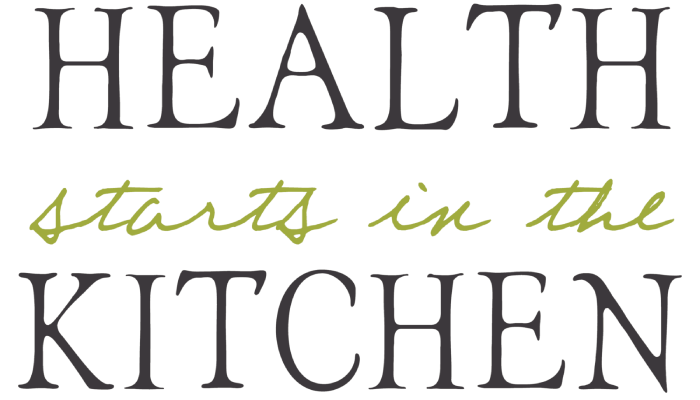
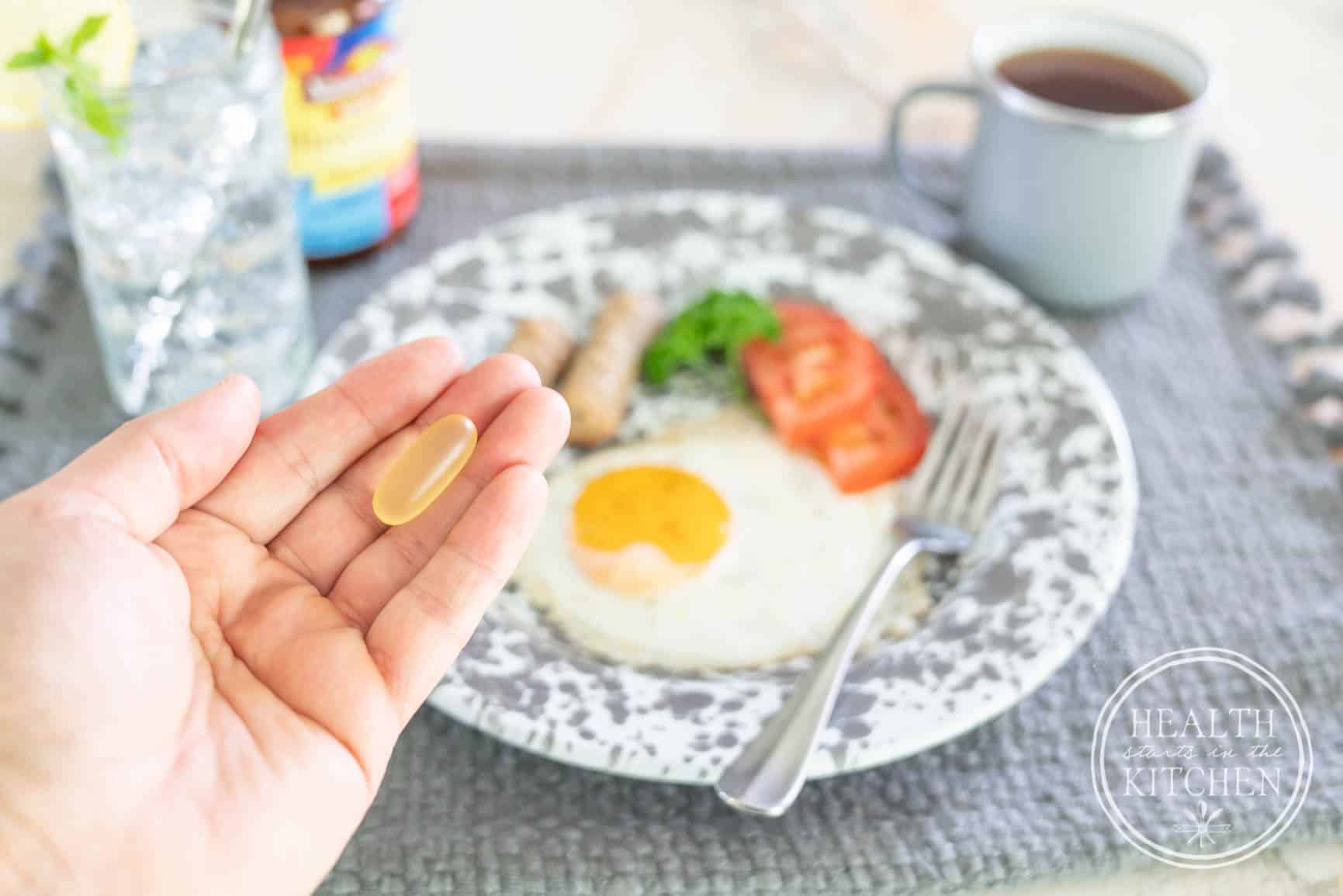
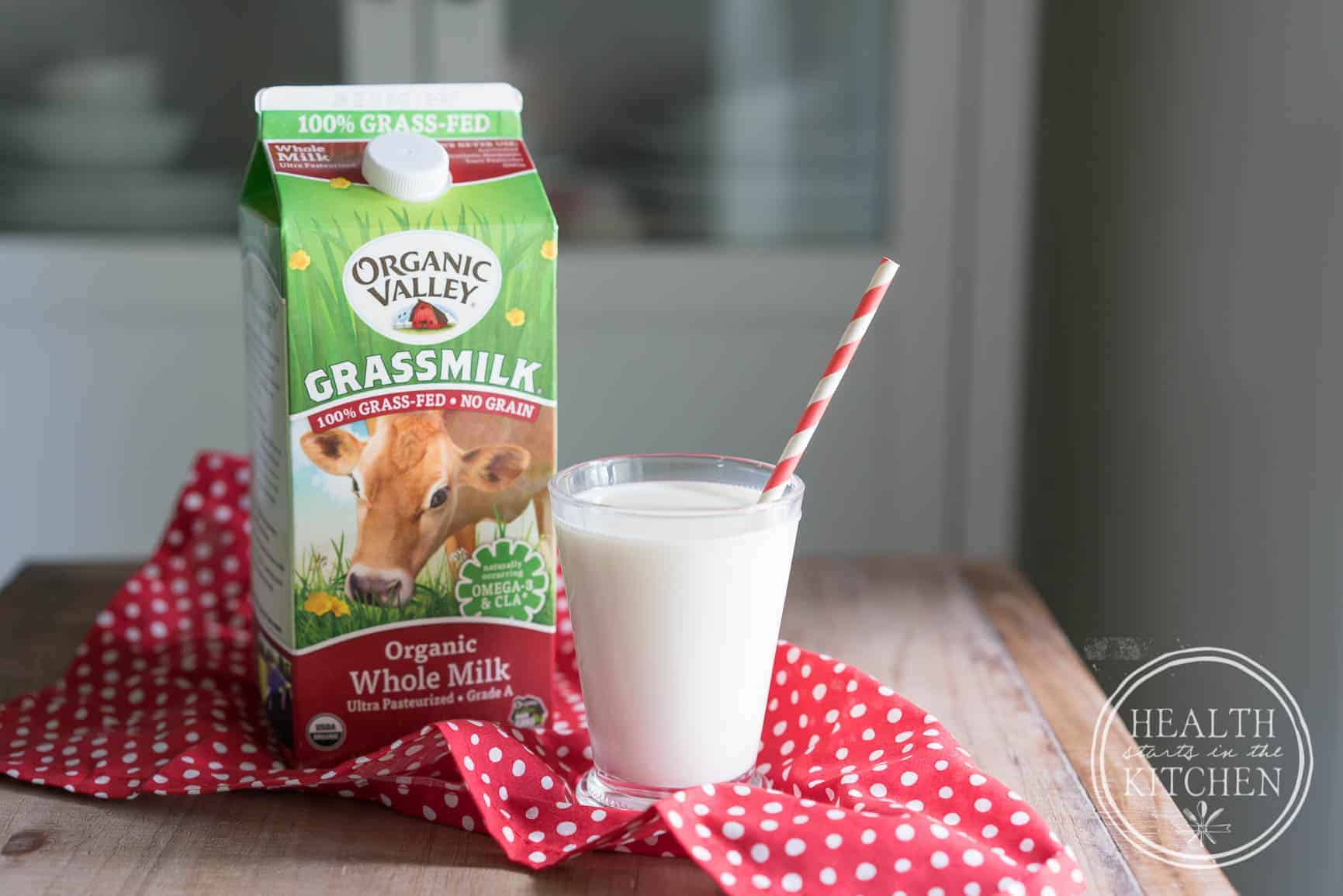
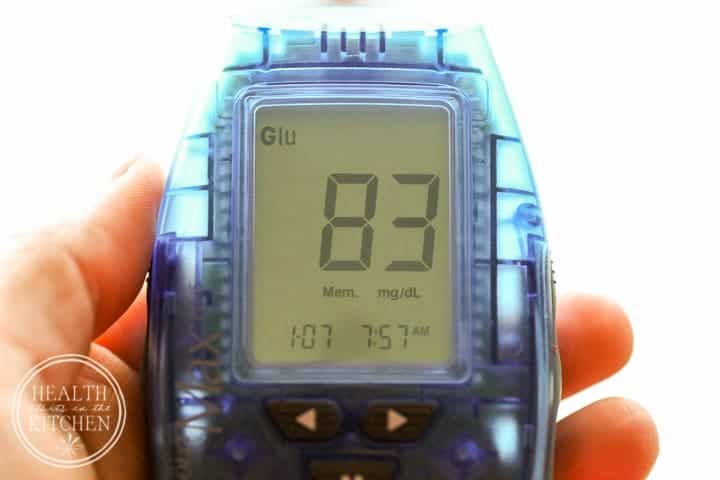

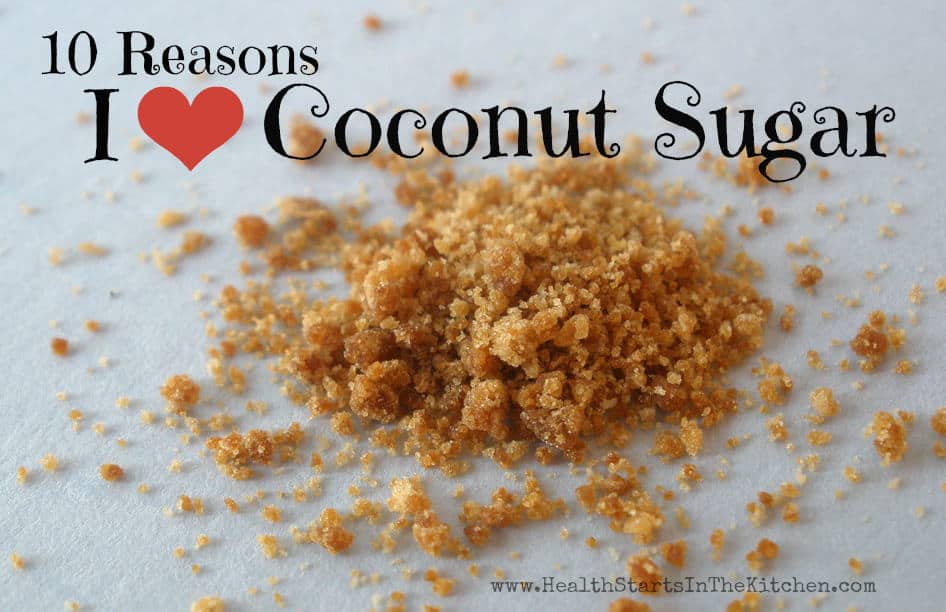

This has been very helpful
Wow, thanks very much for posting this! It is gonna be so helpful when I buy Himalayan Salt online! Terrific!